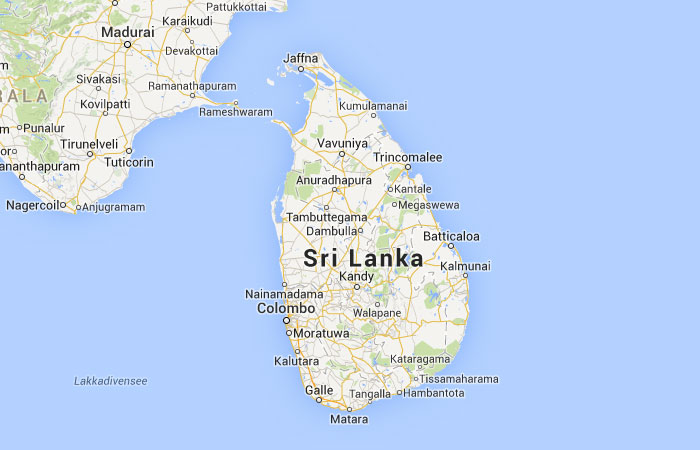The massive peaceful demonstrations that have taken place in Sri Lanka, calling for the resignation of the president due to the serious economic situation, the lack of basic foodstuffs and medicines, among others, have been met by the government with repressive measures that include the decree of a state of emergency, the arrest of around 600 demonstrators so far, tear gas, water cannons and blocking of social networks.
For all these reasons, human rights experts and the UN itself have made an insistent appeal to the government, reminding it of its obligation to respect and guarantee fundamental human rights, such as freedom of expression and peaceful assembly.
“We urge the Sri Lankan government to allow students, human rights defenders and others to protest peacefully, and to allow them to freely share their political views and express their discontent, both online and offline,” the experts say.
The profound crisis in the Asian country is compounded by the fact that the country has defaulted on its foreign debt of 51 billion dollars and has opened new negotiations with the IMF.










